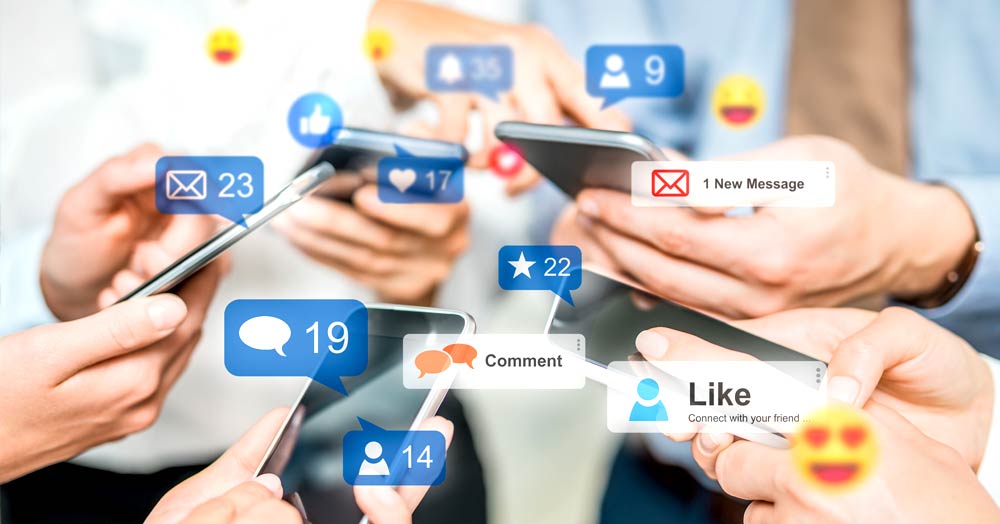Learning from screen
Social media serve as both a tool and a trap for Polish and Greek youth. On the one hand, YouTube offers free tutoring, tutorials, and lectures; TikTok provides condensed mnemonic tips; and Instagram facilitates note-sharing through class groups. On the other hand, constant notifications, recommendation algorithms, and FOMO often lead to breaks in concentration. Research shows that conscious management of screen time is crucial: using “watch later” lists, distraction-blocking apps, and scheduling short study sessions with scrolling as a reward. Ultimately, effectiveness depends on self-discipline and the ability to critically select content.






